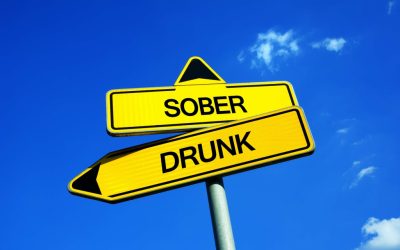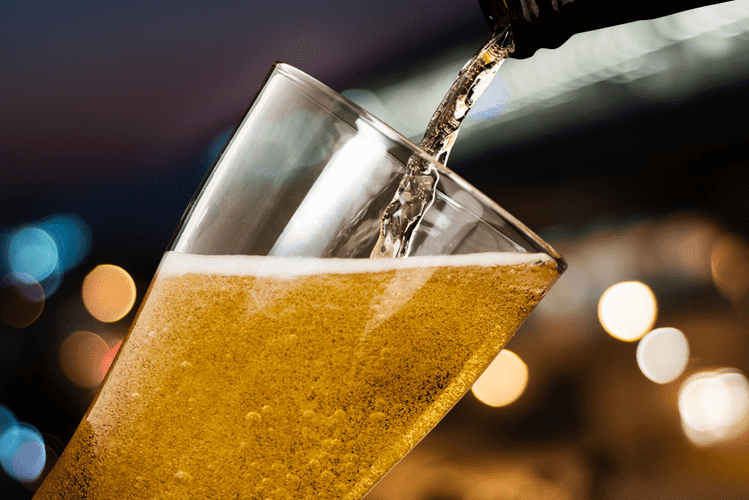Too much alcohol can be dangerous – but with a little knowledge, you can help keep yourself and your friends safe. Women generally process alcohol more slowly than men due to differences in body composition and the enzymes that metabolize alcohol. As a result, women may become intoxicated faster and with less alcohol than men. Alcohol lowers your inhibitions, which is why you might do things while drunk that you wouldn’t do sober.
What are the legal implications of alcohol intoxication?
When the body is unable to excrete alcohol, all functions will slow. At this point, with a BAC of 0.35% to 0.45%, it is vital that you receive medical attention or else you will die. If you see any of these signs, it’s important to get the person’s help right away.

How Does Outpatient Alcohol Rehab Work: Your Essential Guide to Treatment
By observing both the physical and behavioral cues, you can better gauge the extent of someone’s intoxication and respond appropriately. Additionally, understanding the need for support is crucial in ensuring the safety and well-being of someone who is drunk. It’s important to note that the signs and symptoms mentioned above are general observations and may vary from person to person. Factors such as individual tolerance, body weight, and rate of alcohol consumption can influence the severity of these effects. These individual factors, alongside the amount and speed of alcohol intake, dictate a person’s blood alcohol content (BAC) and their progression through the stages of intoxication. Someone Drug rehabilitation who consistently engages in heavy drinking will develop a higher tolerance, requiring more alcohol to reach their desired state and to satisfy the body and brain’s cravings.

Does Being Drunk Always Cause Alcohol Brain Fog?
This occurs due to the body’s inability to fully digest consumed alcohol. Over time, this can lead to the development of spider veins on the skin. The alcohol flush reaction is particularly common among individuals of East Asian descent. After the euphoria and excitement, the depressant phase begins, where brain processes are impacted significantly. During this stage, symptoms such as blurred vision, dizziness, loss of coordination, and slurred speech are experienced.

How to avoid passing out
Long-term, chronic alcohol abuse can have severe physical consequences. It can weaken the immune system, making individuals more susceptible to infections and skin sores. Alcoholism can also cause jaundice, a yellowing of the skin, indicating liver problems resulting from high levels of alcohol consumption.
Alcohol Poisoning
When you drink a lot, your body and brain functions slow down what does being drunk feel like considerably. The last of the three terms cannot be misplaced from the other two because it has a clear definition and use. Being ‘drunk’ is when a person has gone beyond the point of keeping himself or herself upright because of alcohol intoxication.
- While the number of drinks considered “too many” depends on different factors, it’s a good rule of thumb to stick to and even aim for below moderate drinking guidelines.
- Understanding what it feels like to be drunk involves exploring a mix of physical, emotional, and psychological sensations.
- The National Center for Drug Abuse Statistics reports that there are 95,000 alcohol-related deaths in the United States annually.
- It also affects our perception of the world and increases cognitive lapses.
- How does the interaction between different substances alter risk perception and decision-making?
As a trusted Georgia recovery center, we are dedicated to serving our clients through various alcohol and drug addiction programs. We have a firm belief that it is possible for YOU to achieve and sustain long-term recovery. You think, “wow, I’m actually a super good dancer”, and you continue to dance while spilling the drinks of everyone within arm’s reach.
- Jaundice, characterized by a yellow skin tone, can be a visible sign of liver problems resulting from high levels of alcohol consumption.
- Individuals may struggle to remember events and make coherent decisions.
If you or someone you know is struggling with alcohol addiction, it’s essential to seek professional help. There are various resources available to provide https://alanyaverandarestaurant.com/tackling-mass-incarceration-the-new-york-times/ guidance and support, including addiction treatment centers, counseling services, and support groups. Recognizing the signs of alcohol intoxication is the first step toward addressing the underlying issues and promoting a healthier and safer lifestyle. On the behavioral front, impaired judgment is a hallmark sign of alcohol intoxication. Individuals may make poor decisions, engage in risky behaviors, or act in ways they normally wouldn’t when sober. Changes in mood can also occur, with individuals becoming more irritable, aggressive, or emotionally unstable.








